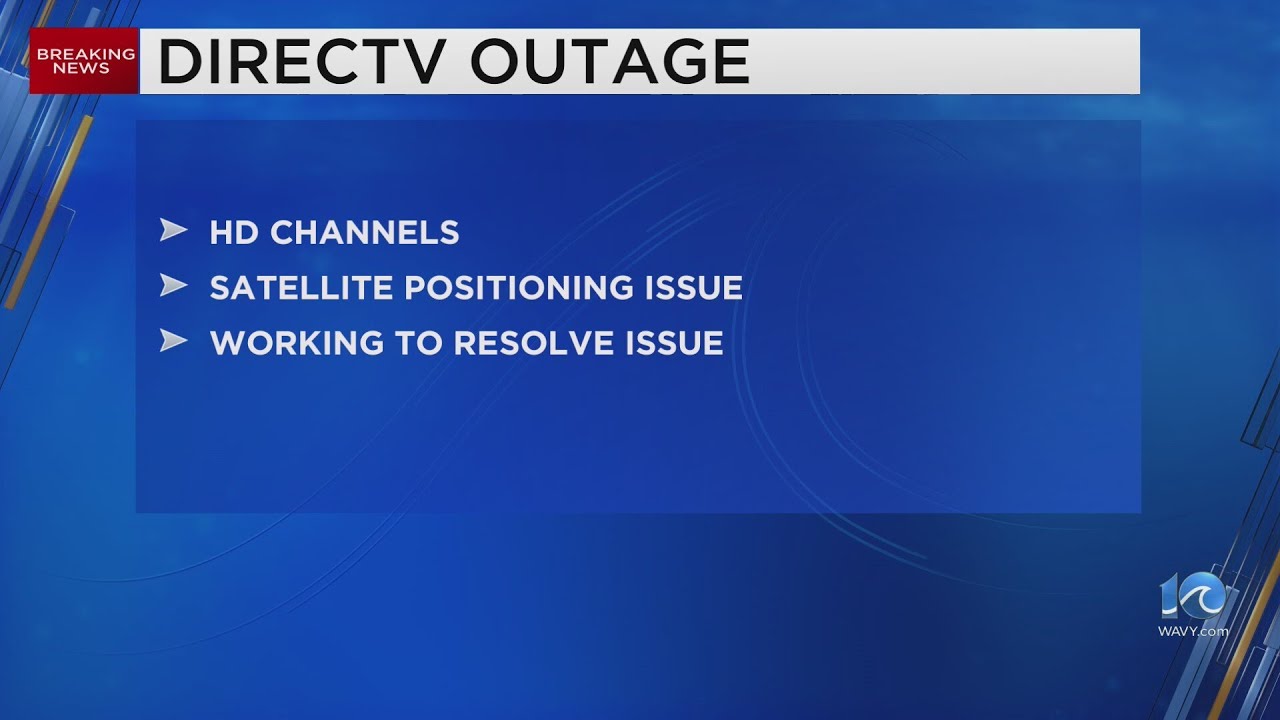
The Battle for Online Free Speech: Tech Giants vs. Government
In a digital age where information flows freely, the boundaries of online free speech are being fiercely debated. Recent cases in the US Supreme Court have brought to light the clash between tech giants and government regulations, raising fundamental questions about editorial discretion and the protection of diverse voices.
The battleground was set with Republican-backed laws in Florida and Texas that aimed to restrict tech firms’ power to moderate political content on their platforms. These laws, born in the aftermath of the 2021 Capitol riot, ignited a firestorm of legal arguments surrounding the interpretation of the First Amendment.
Tech behemoths like Facebook and YouTube argued that these laws infringed on their editorial rights, emphasizing the importance of maintaining control over the content they host. On the other side, proponents of the legislation contended that such laws safeguarded the free speech rights of conservative users, shielding them from what they perceived as biased censorship by left-leaning tech companies.
The crux of the debate lies in whether social media platforms should be treated as neutral conduits akin to telephone companies or as publishers with editorial responsibilities akin to newspapers. Justice Alito’s poignant query, “if YouTube were a newspaper, how much would it weigh,” encapsulates the complexity of the issue at hand.
Former President Donald Trump, a central figure in the online moderation debate, lent his support to the state laws, arguing against what he deemed as arbitrary censorship by tech firms. However, the tech industry, backed by the Biden administration, raised concerns that these laws could impinge on their own First Amendment rights, forcing them to host objectionable content against their will.
As the legal battle unfolds, the Supreme Court justices grapple with the far-reaching implications of these laws. The delicate balance between upholding free speech and regulating online content poses a formidable challenge, with potential repercussions for the digital landscape as we know it.
Navigating the Legal Labyrinth: A Closer Look
Diving deeper into the legal intricacies, the justices’ deliberations shed light on the nuanced arguments presented by both sides. Industry groups underscored the need for tech firms to exercise editorial discretion, citing precedents that safeguard private entities from compelled speech.
The conservative bloc, led by Justice Kavanaugh, pressed for clarity on how the Florida law aligns with established First Amendment principles, particularly regarding editorial control. The liberal camp, represented by Justice Sotomayor, advocated for a nuanced approach that considers the diverse nature of online communication platforms.
US Solicitor General Elizabeth Prelogar urged the court to focus on specific flaws in the legislation rather than issuing sweeping judgments that could have far-reaching consequences for online expression. The delicate dance between regulation and freedom of speech underscores the complexity of the legal terrain.
Implications for the Digital Landscape
Beyond the courtroom drama, the outcome of these cases holds profound implications for the digital landscape. The tension between tech giants and government oversight underscores the need for a balanced approach that upholds free speech while addressing legitimate concerns about online content moderation.
As the legal battle rages on, the future of online free speech hangs in the balance. The Supreme Court’s verdict will not only shape the contours of digital discourse but also set a precedent for the evolving relationship between technology, regulation, and free expression.














